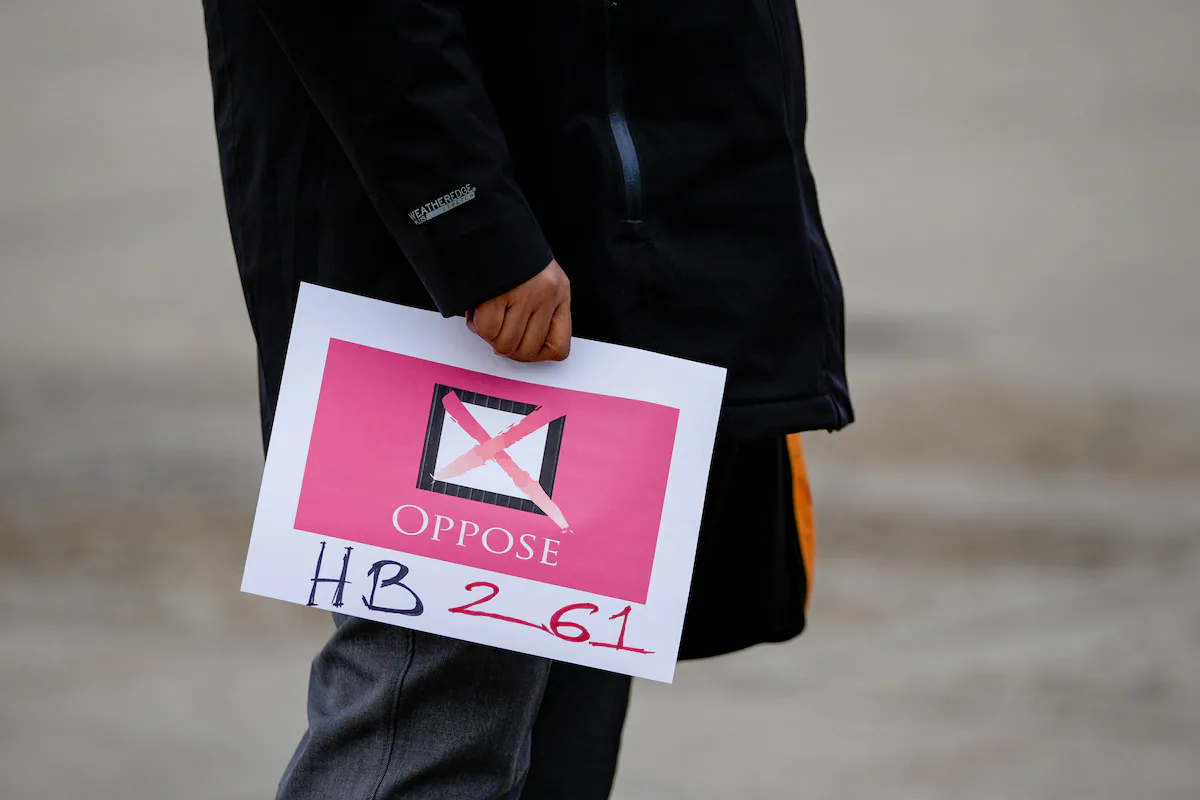
“The only way to be happy is for everyone to be made equal. So, we must burn the books, Montag. All the books.”— Ray Bradbury, “Fahrenheit 451”
A college education, or a high school one, isn’t just the stuff formally put forward by certified teachers in approved texts during set hours.
It’s the interaction with other students, from different places and backgrounds, with teachers and professors outside a classroom setting, with guest speakers from far away, or just people you would not otherwise have come into contact with.
But, in Utah’s current political climate, the prospect of people saying things that offend the powers that be so petrifies some school administrators that they are shutting down many, if not all, forms of extracurricular expression.
Just to be fair.
In one case, university officials are blaming a state law for making them censor an event that didn’t need to be censored.
Administrators at Weber State University earlier this month told organizers of what was to be this year’s Unity Conference that presenters had to scrub all discussion of DEI — diversity, equality and inclusion — from the talks and PowerPoint slides addressing this year’s topic: Censorship on campus.
Rather than be censored, organizers just canceled the whole event. The inevitable message sent forth from this time and place was that WSU had censored a conference on censorship. Kudos to the young reporters at Amplify Utah for breaking this news.
In the words of a social media post from the Foundation for Individual Rights and Expression, “The irony reeks.”
WSU bureaucrats put the blame on House Bill 261, passed by the Utah Legislature and signed by Gov. Spencer Cox in 2024. That’s a bill that told all public schools in the state that they could not have offices that promote DEI principles or require pro-DEI statements or actions on campus.
But banning advocacy of a certain point of view by a university does not mean that that point of view, or any other, cannot be discussed at all. And HB261 goes out of its way to protect free expression, in classroom settings and elsewhere.
Both lawmakers and WSU administrators have a duty to improve their understanding of what the law is, and communicate it to one another.
Now, lest anyone think it is just the left-leaning, pro-DEI people who are being silenced in Utah, consider the case of the Turning Point USA chapter at the Weber School District’s Fremont High School.
Turning Point USA is the national organization founded by the late Charlie Kirk, the political activist who was murdered in a gathering last month at Utah Valley University. Its official mission statement is to “promote the principles of fiscal responsibility, free markets, and limited government.”
The president of the Fremont TPUSA has objected to the school administration’s ruling that his organization is just an on-campus “group” and not a school-approved “club.” The difference being that groups cannot have a featured spot at school-sponsored events or be featured in the school yearbook, while clubs can.
The local TPUSA chapter did not earn club status, the administration says, because it is a political organization, not tied to a part of the school curriculum, such as history or civics.
Chapter leaders have been thus pushed into making the absurd claim that their mission is not political. Of course it is political.
But in a reasonable world that wouldn’t be a problem. Students should be encouraged to discuss political and other ideas, as long as everything is kept civil and there is no violence or direct advocacy of violence. It’s a key part of anyone’s education.
At least it used to be.